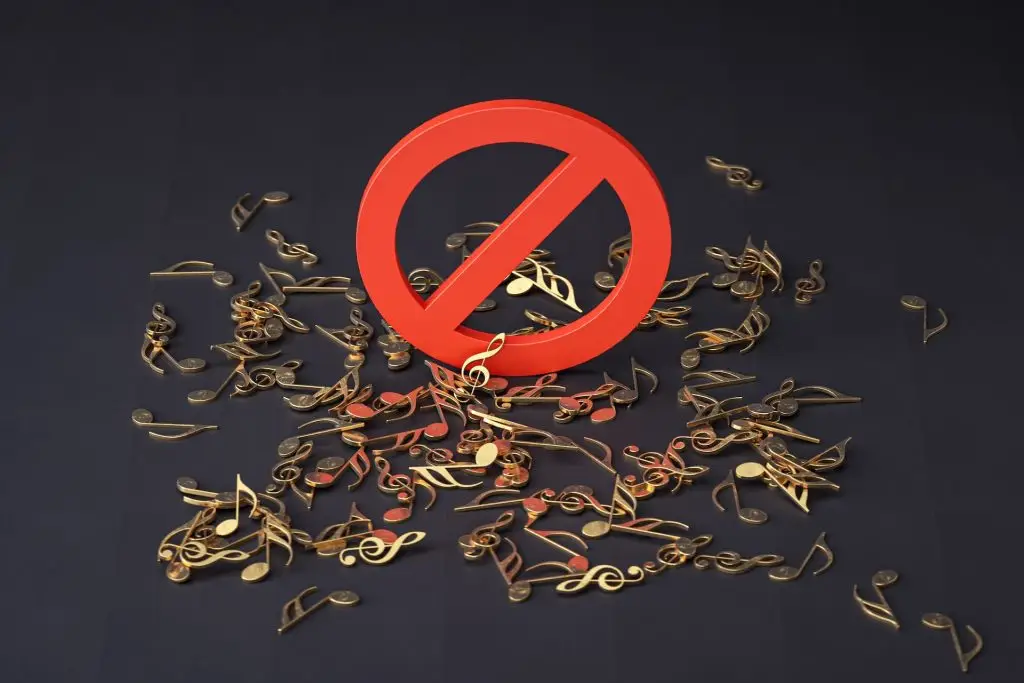One of the most popular scams making the rounds lately is the Copyright scam or DMCA scam, also known as the DMCA takedown notice scam.
But what is it, and how can you protect your website from these scammers?
In this article, we’ll explore the trendy DMCA scam, how it works, and provide some tips to keep your website safe.
TL;DR:
1) The DMCA takedown notice is a legitimate tool used by copyright holders to protect their intellectual property online.
2) However, scammers have been using fake DMCA takedown notices to extort money from website owners and users.
3) It is important to be aware of the signs of a fake DMCA takedown notice and how to respond to it.
4) DMCA takedown notices have a significant impact on free speech and the future of online content sharing.
The DMCA takedown notice scam is a cunning way for scammers to get websites shut down without having to go through the legal system.
The scammers send fraudulent DMCA takedown notices to web hosting companies, claiming that the targeted website is violating their copyright. The web hosting company, upon receiving the notice, takes the website down immediately to avoid any legal trouble.
Recently, a variation of this scam involved a fake law firm called Nationwide Legal in Austin, Texas. The scammer sent out emails to unsuspecting victims, claiming to be a trademark attorney with the law firm.
The emails had all the tell-tale signs of being fraudulent, including not addressing the recipient by name and asking for a link to a shady website.
There are several signs you should look out for to identify a DMCA takedown notice scam.
Firstly, if you receive an email from someone claiming to be an attorney but doesn’t address you by name, it’s probably a scam.
Secondly, if the email only asks for a link to a website and doesn’t provide any specific information about the alleged copyright infringement, it’s likely a scam.
Another sign of the DMCA scam is the use of fake law firm websites. These websites are designed to look legitimate, but on closer inspection, they often contain fake names and details. In some cases, scammers use stock photos of people to create fake attorneys.
Protecting yourself from the DMCA scam requires some vigilance and caution. Here are some tips to keep in mind:
You wouldn’t believe the DMCA takedown notice scams out there. Scammers can send takedown notices to YouTube, claiming videos contain copyrighted material, when in fact they are the works of independent artists. In one case, scammers did just that on behalf of the RIAA.
YouTube, however, confirmed that the RIAA never authorized any takedown requests, and the videos were restored.
Another scam artist, a photographer, sent takedown notices to a website selling prints of his photos without permission. But, the photographer was caught with his pants down – it turned out he had stolen the photos from other sources and had no right to claim copyright.

DMCA takedown notices have a significant impact on free speech and can limit your ability to express yourself online. Legitimate content can be taken down even if it falls under fair use, parody, or criticism.
The DMCA process can be abused to censor content without any due process or judicial oversight. This can lead to self-censorship by creators who fear legal repercussions.
In other words, the DMCA takedown notice process can make you feel like you’re walking on eggshells when you’re trying to create content.
The DMCA takedown notice system has been around since 1998, but it’s like a dinosaur – old and outdated. Some experts say the process is too slow and cumbersome, leading to significant delays and costs for both copyright holders and alleged infringers.
Others think the system is biased towards copyright holders and doesn’t adequately protect user rights. There have been calls for reform or replacement of the DMCA system.
One proposal is to create a mandatory notice-and-stay-down system that would require online platforms to prevent the re-upload of copyrighted content.
Another option is to shift the burden of proof to the copyright holder to prove infringement in court.
Either way, it looks like there are some changes coming to the DMCA takedown notice system – hopefully for the better.